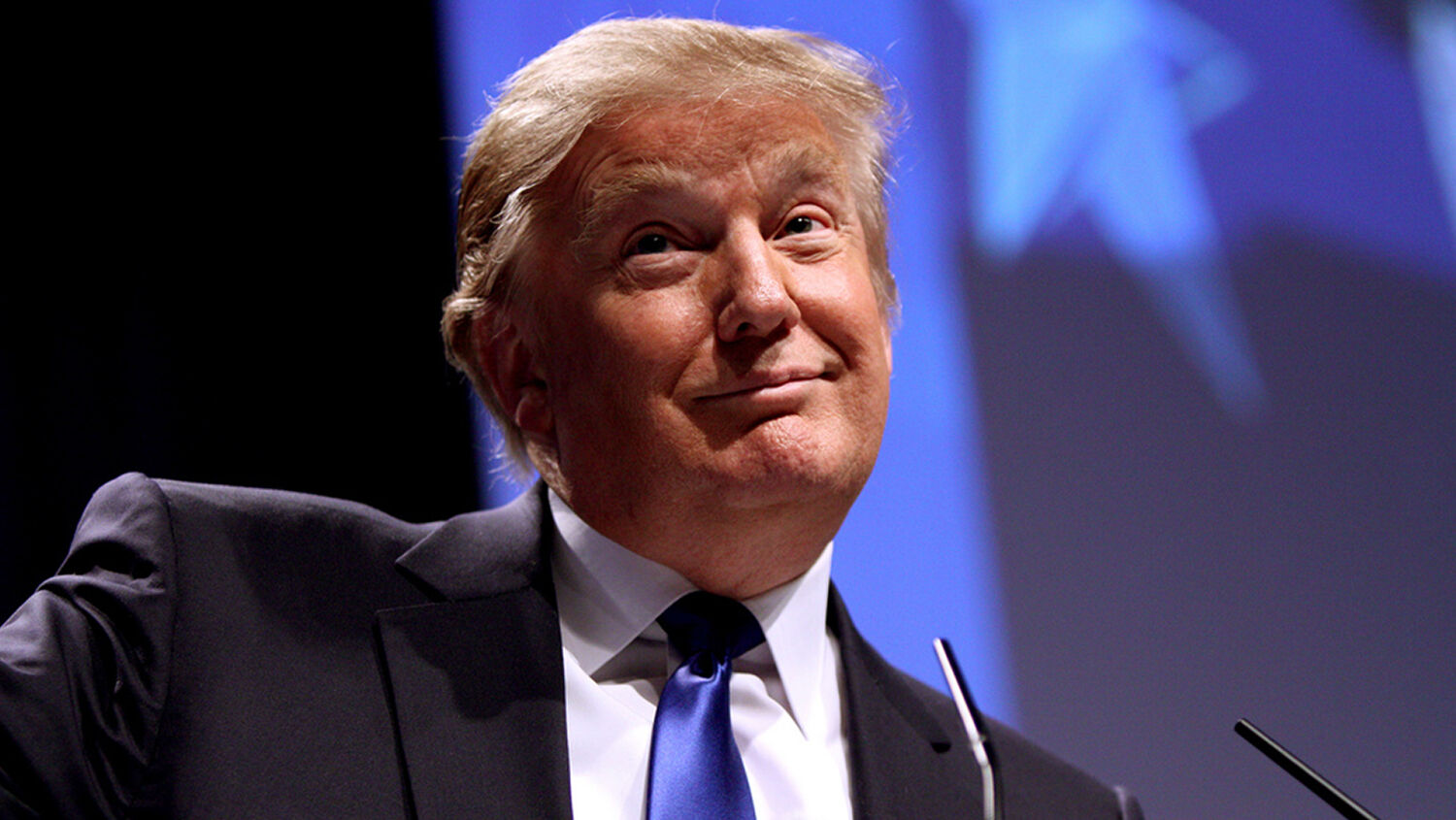
The Dealer Isn’t Renegotiating the Deal
America’s secretary of state passed a letter to the speaker of the house on April 18 describing how the president isn’t keeping his campaign promises. Well, those weren’t the exact words, but when the letter acknowledges that Iran is complying with all nuclear restrains in the Joint Comprehensive Plan of Action (jcpoa), extends sanctions relief, and withholds all mention of campaign rhetoric like “the worst deal ever negotiated,” it has the same meaning.
To be fair to the new secretary of state, Rex Tillerson, it’s not as if he ever had a consistent position to work with. “We have a horrible contract, but we do have a contract,” President Donald Trump told msnbc regarding the jcpoa on Sept. 4, 2015. He admitted he wouldn’t be able to “rip up” the contract. Four days later in the usa Today, Trump, referring to Ronald Reagan’s quote that “no deal is better than a bad deal,” wrote that if he were elected, he would “renegotiate with Iran.”
The next day, September 9, with the usual self-congratulatory introduction on his deal-making prowess, Mr. Trump told fans he had “never, ever, ever, in my life … seen any transaction so incompetently negotiated as our nuclear deal with Iran.”
Now for the jewel. Campaigning on March 21, 2016, and in front of America’s most pro-Israel lobby, the future president said (emphasis added):
My number one priority is to dismantle the disastrous deal with Iran. I have been in business a long time. I know deal-making. And let me tell you, this deal is catastrophic for America, for Israel and for the whole of the Middle East.
President Trump’s first 100 days are nearly completed and results on his “number one priority” are nonexistent.
One could argue, as Jonathan Tobin has in National Review, that Mr. Trump and his foreign-policy team are realizing “the issue isn’t so much whether the letter of a deal that will expire within a decade is observed as it is what role Iran is playing in the region while its economy recovers and its nuclear program remains a long-term problem.” In his statement, Tillerson warned that “Iran remains a leading state sponsor of terror.”
But from the fruits, you could more convincingly argue that while the Trump administration has a better idea of Iran’s threat than the Obama administration, no one is actively countering that threat.
On the same day as the Trump administration’s jcpoa announcement, the Washington Post’s Jennifer Rubin wrote “Syria and North Korea are bit players. Iran is the bigger threat.” She referenced historian Michael Oren. He demonstrates the complete incoherence of relying on the jcpoa to achieve anything:
Iran could follow the Syrian and North Korean examples and cheat. Or, while enjoying hundreds of billions of dollars in sanctions relief, it can adhere to the agreement and deactivate parts of its nuclear facilities rather than dismantle them. It can develop new technologies for producing atomic bombs while testing intercontinental ballistic missiles. It can continue massacring Syrians, Iraqis and Yemenis, and bankrolling Hamas and Hezbollah. The [jcpoa] enables Iran to do all that merely by complying.
Syria and North Korea are dangerous regimes. Currently, they take up a lot more of America’s media space than the Iran regime. But the Trumpet doesn’t report on them like it does Iran because they are not the major movers in their regions. Iran is.
“Let’s get specific about where a truly penetrating war on terrorism would take us,” wrote managing editor Joel Hilliker in 2001, only weeks after the 9/11 terrorist attacks. “If the Taliban is just one tendril of the monster, where is the head?” The answer, according to the Bible: “Make no mistake about it: Iran is the head of the snake.”
In maintaining the jcpoa, which Gerald Flurry has called the “worst foreign-policy blunder in American history,” the U.S. is proving its talk on Iran won’t end in action. It won’t take on the “head of the snake.” America won’t be stopping Iran from doing what it likes.
“Iran changed nothing in its policies of aggression, subversion and sponsoring terrorism,” wrote Mr. Flurry. “It didn’t even say it would reform in any of these areas! Without giving in on anything, Iran was given all it needed in order to greatly accelerate its race toward getting the nuclear bomb.”
The fact that the Obama administration lauded the deal as making the world a “safer place” is a “sure sign of tragically broken leadership.” The United States now has a leader who is outspoken in his disgust for the deal. Great. But the results have been the same: none. Welcome to the new way of America dealing with its enemies.
